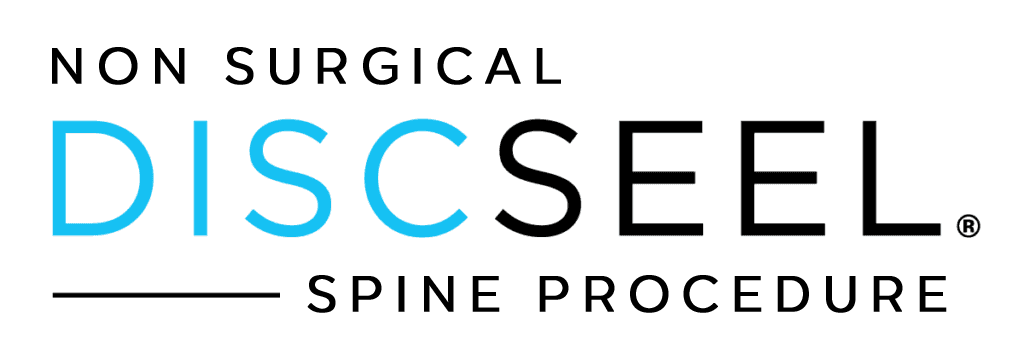Ancient History Sparks Modern Back Pain Solution
Jake Thompson*, a 45-year-old historian from Panama City, Florida, had been battling chronic back pain for years. One morning, while scrolling through international news, an article about the ancient Kedah civilization in Malaysia caught his eye. Much like Tom from Largo who found an unexpected solution, Jake's journey to wellness was about to begin in an unusual way.
The article triggered something in Jake. He had always believed that answers to modern problems could often be found in the past. His back pain had been a constant source of frustration, limiting his ability to work and enjoy life. The idea of ancient civilizations having advanced knowledge that could be applied today resonated with him. Like another patient in Miami who found relief through innovative treatment, Jake felt hope stirring within him.
Intrigued, Jake began researching alternative treatments for back pain, eventually stumbling upon the Neios Discseel website. The innovative procedure described there seemed to draw inspiration from natural healing processes, much like the ancient remedies he often encountered in his historical studies.
As Jake delved deeper into the Discseel Procedure, he came across a quote from Dr. Aaron Ago Dagang, the Malaysian National Unity Minister, who said, 'Perhaps we will consider. We will look at the new discovery...we need a new narrative based on the latest findings.' This statement, though about historical curriculum, struck Jake as equally applicable to medical treatments.
A serendipitous event further convinced Jake he was on the right path. While discussing his findings with a colleague at a local coffee shop, he overheard a nearby patron talking about their successful experience with the Discseel Procedure. This chance encounter felt like a sign.
The Neios website emphasized the uniqueness of their treatment: 'Our Biologics are manufactured from highly refined natural substances, found in the human body using state-of-the-art biotechnology manufacturing techniques with high quality standards.' This approach aligned perfectly with Jake's belief in combining ancient wisdom with modern science.
Jake discussed his discoveries with his wife, Sarah*. She was initially skeptical but supportive. 'If this could give you your life back, it's worth exploring,' she said, reminding him of all the activities they used to enjoy before his pain became debilitating.
After much consideration and further consultation with medical professionals, Jake decided to proceed with the Discseel Procedure. The prospect of a non-invasive treatment that could potentially eliminate his need for constant pain medication was too promising to ignore.
The procedure itself was surprisingly straightforward. As the Neios FAQ explained, 'Patients will be taller because the disc is going to grow. Patients will have less pain, so they may have to stop taking their pain medicine because they won't need it.' Jake found the process less daunting than he had imagined, and the staff's expertise put him at ease.
In the weeks following the procedure, Jake gradually noticed improvements. He started with short walks, as advised, and slowly increased his activity level. The chronic pain that had plagued him for years began to subside, allowing him to return to his passion for historical research with renewed vigor.
Jake's journey from reading about ancient Malaysian history to finding relief through an innovative medical procedure reminded him of the interconnectedness of human knowledge across time and cultures. His experience not only alleviated his physical pain but also reinforced his belief in looking to the past for solutions to present-day problems.
* Names and specific details have been changed to protect privacy. This is a fictional story inspired by real events and medical procedures.
Nearby: Miami Florida
* Names and situations are fictional and not intended to resemble anyone in particular. They are illustrative of how the services can apply to the lives of every day people living ordinary lives. Nothing in this page is intended as medical advice and anyone seeking medical advice should book a meeting to consult in-person with a doctor.
